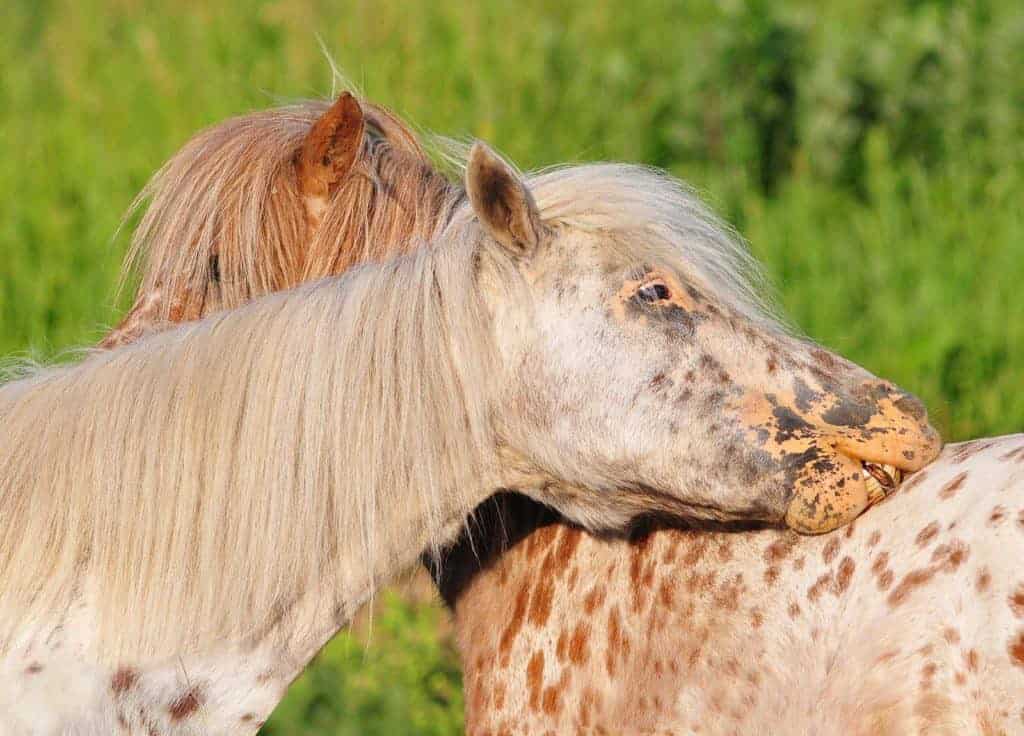
Exploring Equine Seasonal Allergies
Allergies are common in horses. Here’s a look at how veterinarians and owners can identify the causes.

Allergies are common in horses. Here’s a look at how veterinarians and owners can identify the causes.

Unwanted behavior can have a significant impact on mares’ and fillies’ performance across a range of competition events.

Squamous cell carcinoma is the most common cancer found in equine eyes and the second most common equine tumor overall.

Dr. Rose Nolen-Walston shares how NSAIDs can help with painful sunburns and why talking to your vet first is important.

Dr. Nicole Scherrer explains how natural pigmentation can help protect a horse’s eyes from sunburn.

Dr. Nicole Scherrer offers recommendations to protect a horse’s sensitive muzzle from UV light.

Dr. Rose Nolen-Walston helps distinguish painful sunburn from potentially fatal photosensitivity.

Some horses are vulnerable to sun damage. Here’s what to watch for and how to protect against it.

Do you have a horse with pink skin? Learn how to keep him from burning this summer.

Long sunny days can mean bad news for horses at risk for sunburn, and it’s up to you to protect them.

Of the 529 respondents, 154 said they apply sunscreen and/or zinc oxide cream to protect their horses from sunburn.

Insect bite hypersensitivity (IBH) leads to an itchy and often miserable horse. Here’s what you need to know.

Dr. Susan White shares strategies for successful management of horses sweet itch, an allergic reaction to bug bites.

Of the 1,106 respondents, 866 (78%) said they curry or groom their horses to help them shed their winter hair coats.

Download this free guide to learn more about this common skin condition, its causes, treatment, and prevention methods.

Managing itchy horses can be a perplexing and frustrating challenge. Veterinarians share ideas on how to help.
Stay on top of the most recent Horse Health news with
"*" indicates required fields